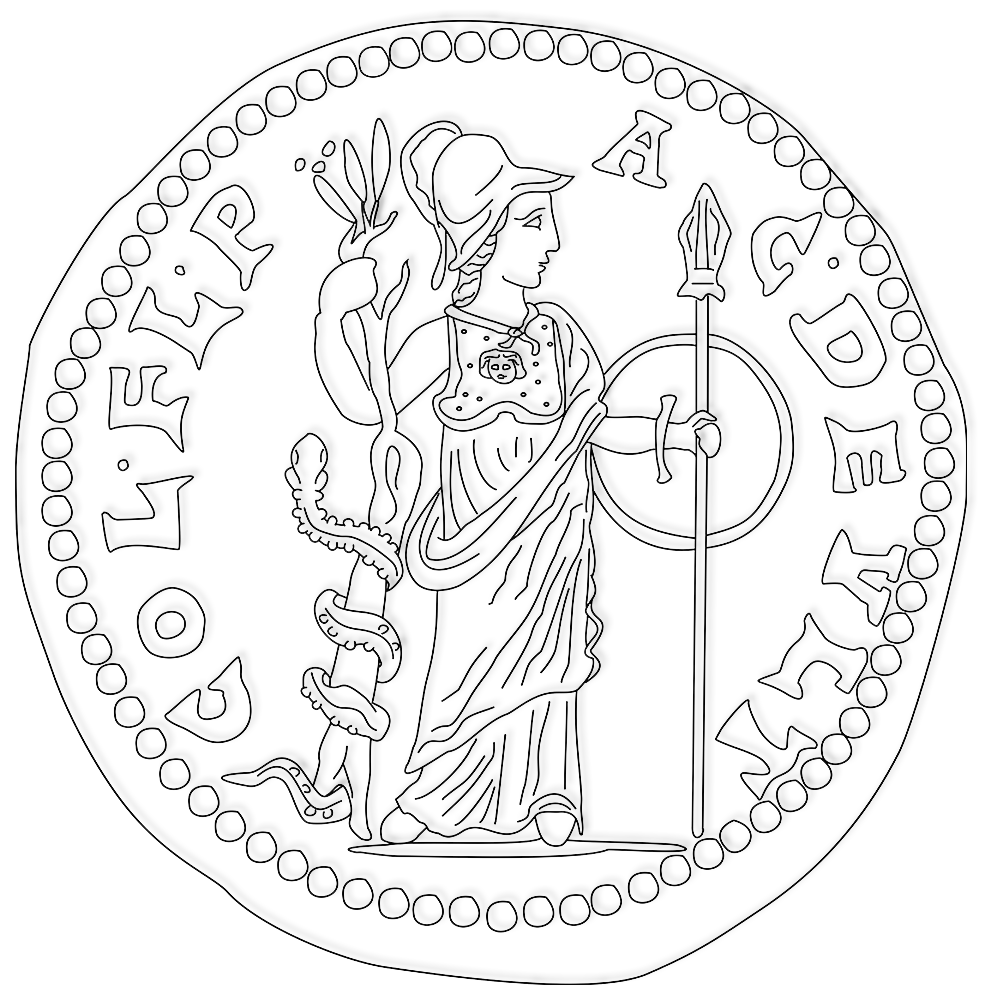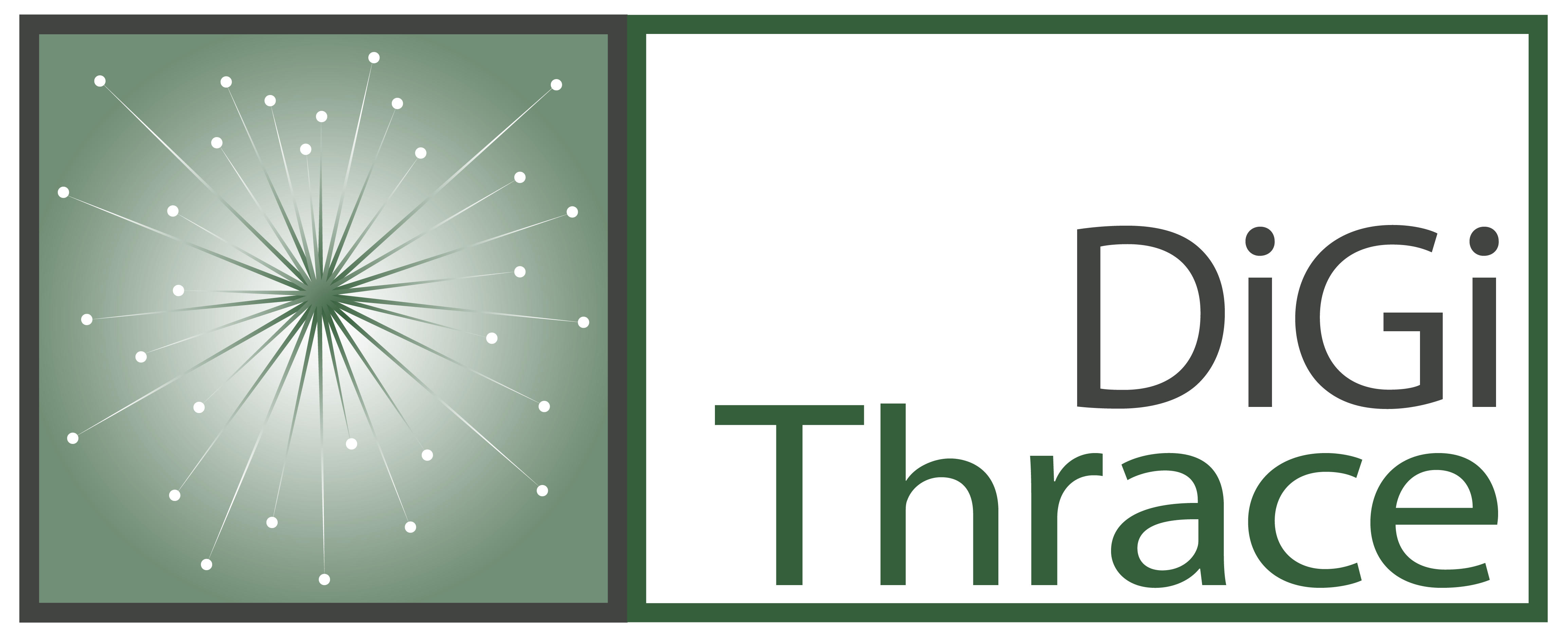
10 – 14 September 2025
Ancient Coinages: Theory and Practice
(Thrace and the Black Sea Region)
When: 10-14 September 2025
Venue: Archaeological Research Base of the Roman Colony of Deultum, Burgas region, Bulgaria
- About
- General Programme
(UPDATED) - Our Lecturers
- Application terms and deadlines
- SNS fee
- Accommodation and travel information
- Funding&Partners
Thrace and the Black Sea Region is an intensive crossing point of peoples, cultures, roads, and processes. The area provides the researchers with an exceptional opportunity to examine a variety of ancient pre-monetary forms and coinages. Due to this, the Sofia Numismatic School (SNS) joins the tradition of organizing Numismatic seminars by choosing a focus, particularly on this area.
By introducing the participants to the historical context and the research concepts on the chosen region, the lecturers will concentrate on the numismatic materials, the technical work with them and their interpretation as historical sources. The exploration of the theoretical base of Numismatics will be combined with practice on specimens representing diverse numismatic concepts and forms.
The SNS aims to support young researchers to acquire and develop further expertise in Ancient Numismatics. The seminar will concentrate also on the implementation of innovative digital methodology and the concept of Digital Numismatics. Within its program, the participants will explore and elaborate on their potential to support the research of traditional numismatic questions and to open new study horizons.
Another focuse of the SNS is the opportunity for young researchers to study and collaborate with leading international lecturers and to meet and exchange experiences with graduate and postgraduate students from different educational systems.
SNS 2025 will take place at the Archaeological Research Base of the Roman Colony of Deultum, allowing the participants to practice on numismatic material excavated by the research teams on site.
All participants who successfully pass the final practical tasks will acquire as follows:
- Certificate of participation by the Dean of the Faculty of History, Sofia University “St. Kliment Ohridski”
- 2 ECTS
NB! For the DAILY TIMETABLE click HERE (published on 12.08.2025)
The SNS programme consists of 5 working days, including lectures held at the Deultum Archaeological Base, practical exercises (working with numismatic material and site visits), as well as two study trips and museum visits to Sozopol (ancient Apollonia) and Nesebar (ancient Mesambria).
A preliminary list of lectures:
Christopher Howgego:
1. Introducing the Coin Hoards of the Roman Empire project
2. Examining the hoard data from Thrace and the Black Sea in a wider context
Cristian Gazdac:
1. Roman coins, non-Roman owner. The hoards of 2nd – 3rd centuries AD coins buried in contexts dated in the 4th-5th centuries within the Carpathian Basin
2. Roman monetary policy at the Lower Danube. Imperial vs Provincial Coinage
Dario Calomino:
1. Civic mints under the Empire in Thrace and the Black Sea Region: patterns of production and connections
2. The imperial image in Thrace and the Black Sea Region through the lens of local Coinage
Dilyana Boteva:
1. Short overview of the history of ancient Thrace
2. Chronological aspects of the Roman provincial coinage of Thrace and Lower Moesia
François de Callataÿ:
1. Placing in historical context the two massive and unparalleled Hellenistic influxes of monetised precious metals in present-day Bulgaria
2. Monetary production and circulation in Thrace: examining key distinctive features
Ilya Prokopov:
1. For some of the principal Silver coinages in Thrace from the end of the 3rd to the end of the 1st century BC
Ilya Prokopov and Valentina Grigorova-Gencheva:
1. Pre-monetary forms discovered in Bulgaria: standards, exchange, denominations, trade
Julia Tzvetkova and Vladimir Stolba:
1. Archaic & Classical Coinages
Lyudmil Vagalinski:
1. Deultum Archaeological context: Fortification
Krasimira Kostova:
1. Deultum ancient thermae and necropoleis
Mariangela Puglisi:
1. On the beginnings of bronze coinage in the western Mediterranean and its precedents in the circulation of weighted metal, with comparisons with the Black Sea area
Ulrike Peter and Lily Grozdanova:
1. Digital numismatics and questions of iconography
Vladimir Stolba:
1. Introductory lecture: Black Sea Region
Chris Howgego is Research Keeper of the Heberden Coin Room in the Ashmolean Museum and Professor of Greek and Roman Numismatics in the University of Oxford. His research is linked by an interest in how ancient coinage can contribute to our understanding of history.
François de Callataÿ is an expert in ancient Greek numismatics broadly speaking, with a high focus on methodology, who has devoted a substantial amount of his work to Thracian coinages. He is currently involved in several digital projects.
Mariangela Puglisi is Associate Professor of Numismatics (habilitated for full professorship). Her research interests range from iconography to coin circulation, particularly in relation to Sicily, ancient Lucania, Thessaly, and digital numismatics.
Dario Calomino is a classical archaeologist and numismatist specialized in Roman Provincial coinage, who works as Associate Professor in Numismatics in the Department of Cultures and Civilisations of Verona University. He holds a BA/MA in Classical Archaeology from Padua University and a PhD in Ancient History from Verona University.
Cristian Găzdac is a prof.habil at the University of Cluj-Napoca (Romania), Faculty of History and Philosophy. He teaches classes on the Roman Economy and Numismatics, Security Systems in World History, and the Protection of Cultural Heritage.
Lyudmil Vagalinski is an archaeologist, Professor at the Dept. of Classical Archaeology of the National Archaeological Institute with Museum at Sofia.
Krasimira Kostova is an archaeologist and the director of the Municipal Historical Museum of Sredets and the archaeological reserve "Deultum".
Ilya Prokopov is a Professor in the field of ancient numismatics, coin circulation in the Bulgarian lands, the history of money, exchange and trade relations in Antiquity, counterfeiting of ancient coins and the analysis of coin metals and stamps.
Dilyana Boteva is a Professor in ancient history and Thracian studies at Sofia University “St. Kliment Ohridski ”, whose research covers a wide range of problems of the history and culture of ancient Thrace.
Vladimir Stolba is an expert in various aspects of Black Sea archaeology, ancient history and numismatics where his primary geographical foci were the northern and western Black Sea coasts.
Ulrike Peter is working on ancient numismatics in the Berlin-Brandenburg Academy of Sciences and Humanities. Her main research interests lie in the ancient coinage and history of money in Thrace as well as in the neighbouring regions.
Valentina Grigorova-Gencheva is an expert in the field of Roman provincial coinage, coin circulation in the Bulgarian lands, the history of money, exchange and trade relations in Antiquity, iconography and cults in Roman times.
Julia Tzvetkova is an Associate Professor in ancient history and Thracian studies at Sofia University “St. Kliment Ohridski”.
Lily Grozdanova is a Senior Assistant Professor at the Department of Ancient History and Thracology at Sofia University “St. Kliment Ohridski ”.
Eligibility requirements
The quota for SNS 2025 is 15 students.
Eligible to apply are undergraduate and graduate students (in training or applying for a degree program) in the fields of Ancient Studies, History, Archaeology, Numismatics, Art History, Classical Studies, Classical Philology, etc. Young researchers and museum professionals are also welcome.
The programme is suitable for young researchers with basic numismatic experience, or with no previous knowledge in the field. The courses will aim to help participants to acquire and develop further their expertise in ancient numismatics. It is also sutable for young scholars with more experience in numismatics, who wish to gain a more detailed insight into the specifics of the numismatic artefacts from Thrace and the Black Sea region.
The working language of the Sofia Numismatic School will be English.
Application
The application process is online based, via the APPLICATION FORM embedded in the platform. The required documents include:
- an accademic CV.
- motivational letter (up to 300 words).
- a reference letter (up to 300 words).
Application Deadline
4 April 2025
Acceptance notification
15 April 2025
All applicants will be informed of the application process results and the commission decision according to the schedule above.
After the acceptance notification, the participants will receive transfer information for the SNS 2025 Fee.
Program Fee
The participation fee for the programme is 200 € (40 Euro per Day) covering:
- Access to all specialised lectures.
- Access to practical seminars with numismatic material and specialised equipment.
- Transportation between the venues of the SNS programme.
- Accommodation at the Deultum Archaeological Base.
- Breakfast, Lunch, Dinner and Coffee breaks.
- Study excursion.
A payment link will be sent once you have been accepted into the programme.
Billing information:
Beneficiary: Sofia University St. Kliment Ohridski
IBAN: BG52BNBG96613100174301
BIC: BNBGBGSD
Reason for payment: SNS 2025, Faculty of History, (your names)
The deadline for the SNS tax transfer is the 15th of June 2025.
Please bear in mind that the tax is not refundable.
In case of questions, feel free to contact us at: measuring.ancient.thrace@gmail.com
Accommodation
The Sofia Numismatic School 2025 will take place at the Archaeological Research Base of the Roman Colony of Deultum, Burgas region, Bulgaria.
The Organising Team will provide accommodation at the Archaeological base.
Available are three shared rooms each for three people with access to common bathrooms, and three shared rooms are each for two people with bathrooms in each room (total: 15 places).
If a participant would prefer individual accommodation at their own expense, the Organising Team will arrange booking in a hotel part of the SNS venues in Burgas. In this case the transport between Burgas and the Deutltum archaeological base will be without additional fee.
Travel
The travel to Sofia or Burgas is at the expense of the participants.
If a direct flight to Burgas is unavailable, there will be an organised transfer from Sofia to Burgas on the afternoon of 9 September 2025 (additional information to come). This transfer will not incur additional fees.

The SNS was realised with the kind support of:
- BNSF Project no. КП-06-МНФ/10 from 06.06.2025
- Project SUMMIT Sofia University Marking Momentum For Innovation and Technological Transfer
- Faculty of History of Sofia University
- NAR Deultum
- Municipal Historical Museum Sredets
- and in partnership with the DigiDeultum Project no. КП-06-H80/7 of 2023 and ACCNS Project



